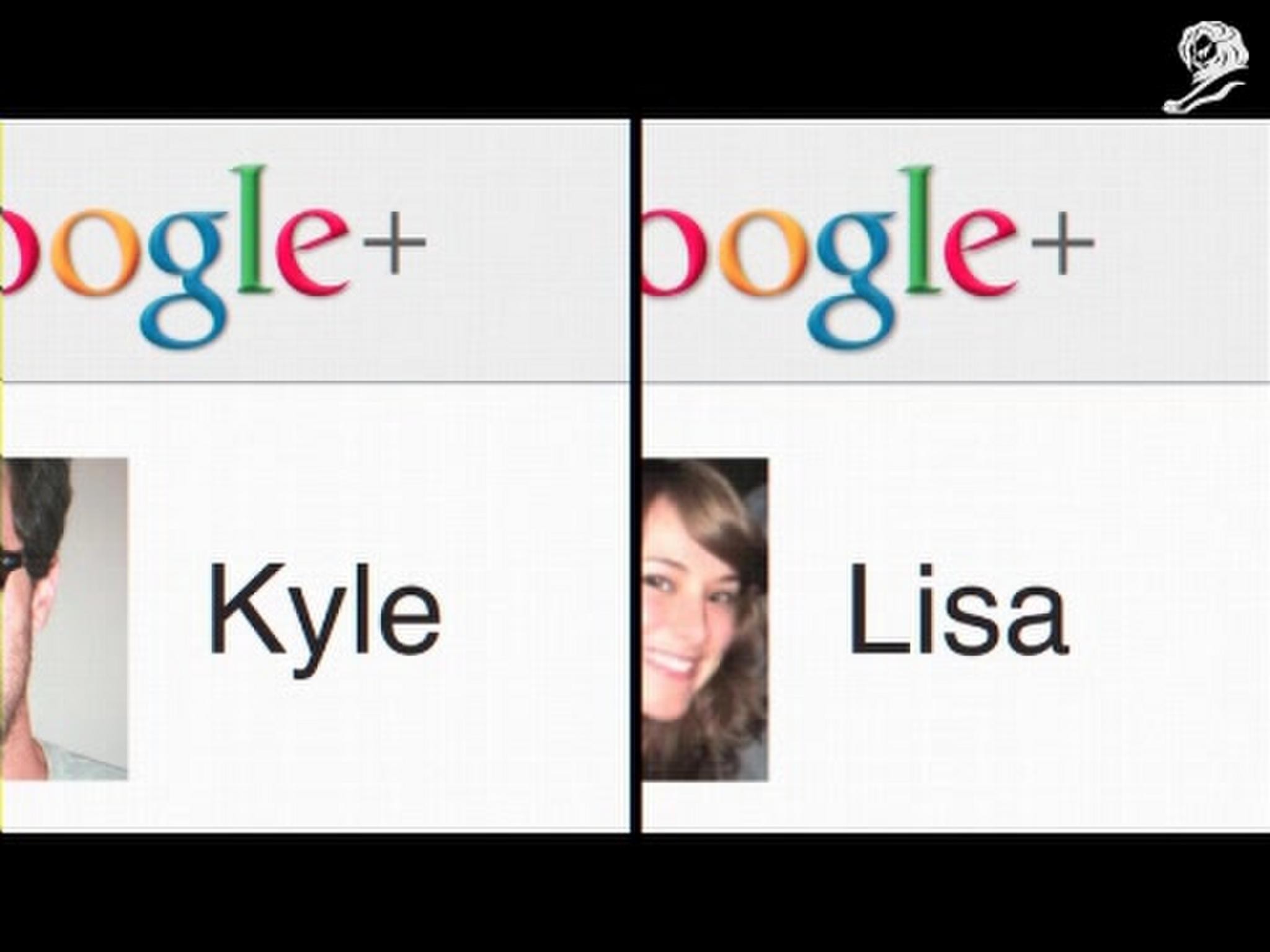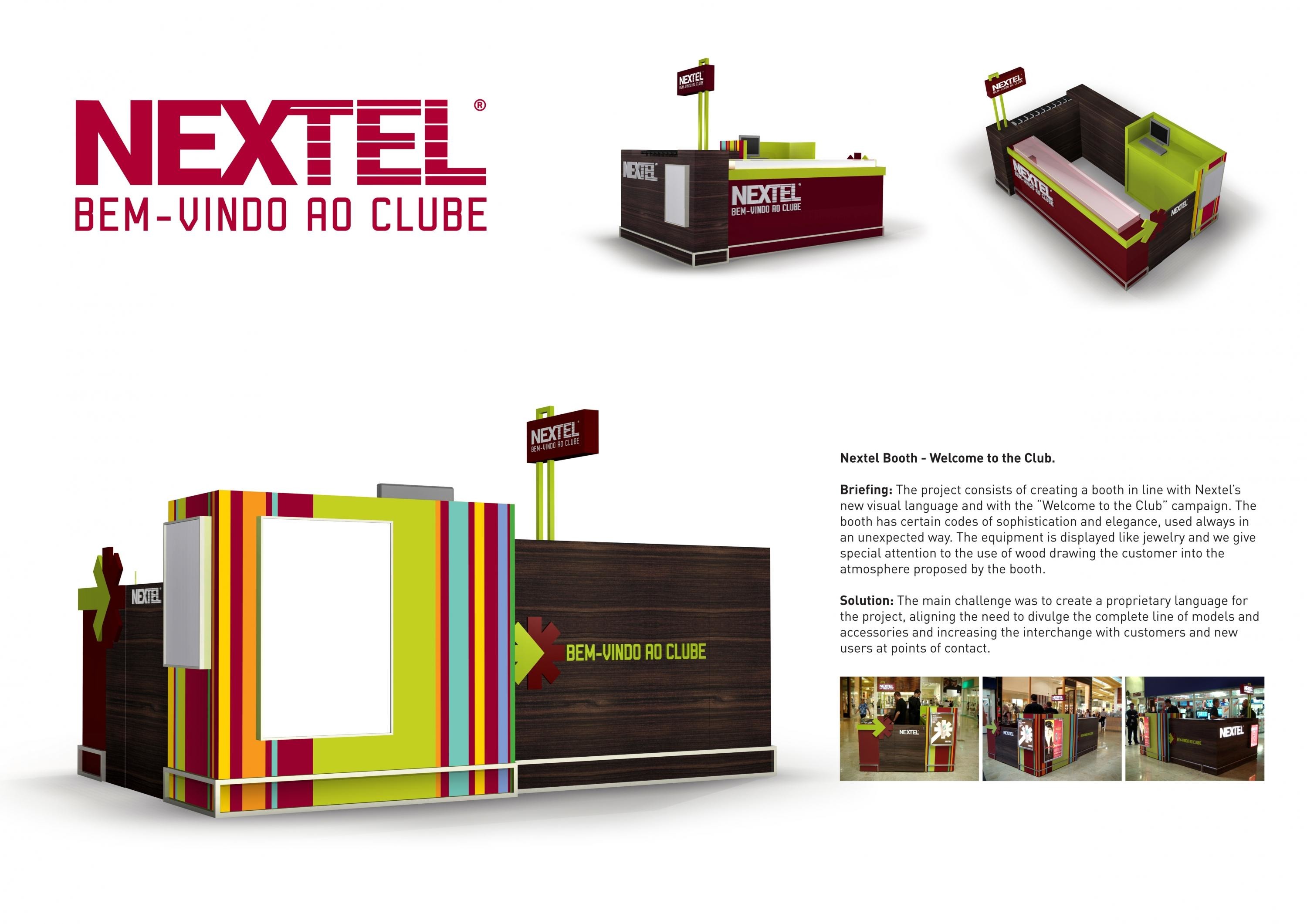Cannes Lions
Pegasus x Stadia: Personalized Ads without Personal Data
GOOGLE, Mountain View / GOOGLE / 2021

Overview
Entries
Credits
Overview
Background
Google plans to end third-party cookie support in Chrome by 2022 and is shifting their efforts from targeted to contextual advertising. Pegasus is Google and Essence’s tool for creating more personal ads via contextual placement. Text and visual article content is analyzed via machine learning, and then users are served relevant ads via Google’s Marketing Platform Studio and Marketing Platform DV360. As part of Pegasus’ phase three pilot in Q4 2020, Pegasus x Stadia solved challenges faced in previous phases by laser-honing in on a gamer-centric audience with a highly relevant product: The Google Stadia cloud gaming platform. Game titles are one of Stadia’s most meaningful consideration drivers and we used Pegasus to generate relevant, article-adjacent ads for the titles audiences care about. The campaign’s objective is to create a contextual targeting machine, specifically for gamers, that targets topics, trends, motivations and perspectives rather than user data.
Idea
According to the Pew Research Center, 81% of people say that the potential risks they face because of online data collection outweigh the benefits. Pegasus is a key part of Google’s efforts ensuring digital advertising evolves to address growing concerns people have about privacy and how their personal identity is used. The platform ingests text, photo and video content on web pages, along with the accompanying metadata, in order to serve users with relevant ads. Google, as one of the world’s largest advertising technology vendors, wants to ensure that a smooth transition to contextual advertising takes place. Pegasus scales exponentially and generates thousands of relevant ads in hours. Our Pegasus x Stadia campaign demonstrates that entire verticals—in this case gaming advertising—can switch from user-targeted to contextual advertising with increased efficiency and effective results.
Strategy
Pegasus is designed for brands to carefully control messaging by breaking the vast amount of data online into smaller buckets where creative messaging can be applied. For Stadia, Pegasus was trained to serve contextually relevant ads based on article attributes such as ‘game name’ and ‘genre’. The technology works at high speed and is able to ingest 3000+ articles (with "ingestion" defined as processing text, images and metadata to define content and context) in a number of hours. Content on a web page is processed via Google’s AutoML (NLP), Natural Language API for keywords, Cloud Vision API for visuals and Enrich Data for public APIs; copy for ads is generated via Cloud Datalab; ads are generated through Marketing Platform Studio and served via Marketing Platform DV360.
Execution
The Pegasus technology was developed between 2019 and 2020 for dynamic generation of relevant display ads based on web page content and metadata, instead of being based on the personal data of ad viewers. Earlier iterations of Pegasus were tested in 2020, and the Pegasus x Stadia campaign was the third phase of Pegasus in Q4 2020. Pegasus underwent several iterations for this execution, with the most critical being a new contextualization approach. This new contextualization approach included substantial improvements for both the ability to deliver the most contextual ads and for scale within media activity. Ads were placed across four publishers: Gamespot, IGN, The Verge and Polygon. The campaign launch date was October 20, 2020 and concluded on December 31, 2020, with customers targeted in NA.
Outcome
Pegasus x Stadia hit Google and Essence’s agreed upon target with an 8% lift in consideration for the Stadia campaign on Gamespot, IGN, The Verge, and Polygon. We hit or exceeded the 70% contextual rate threshold for close to 50% of the campaign and achieved 11.2% aided awareness lift. This activity scaled to 2x the media budget of our previous test ($800k vs $450k) and 2.4x impressions (43m vs 18m). 70+ contextual segments were used. The most critical component, we found, was the novel contextualization approach, which shows great promise in our ability to deliver the most contextual ads ever, as well as scale up media activity.
Similar Campaigns
12 items








